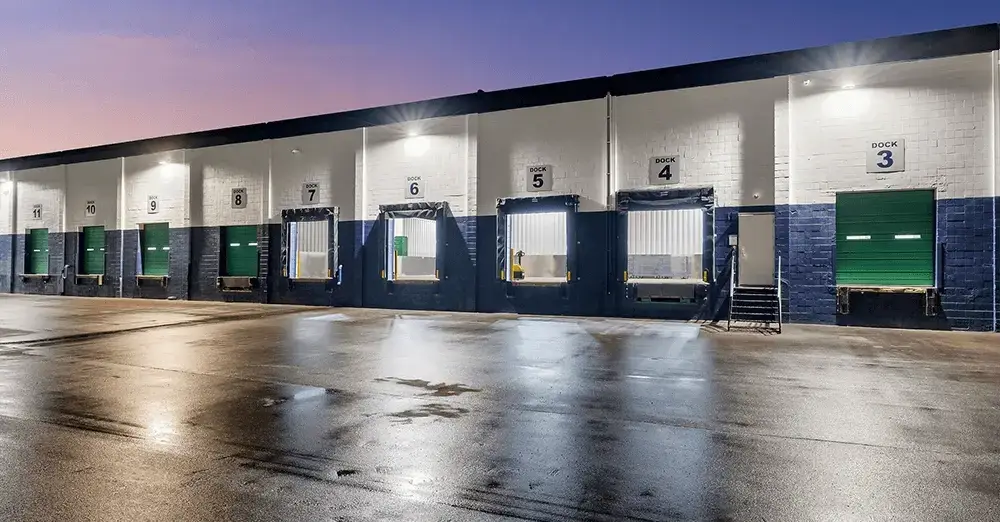Building a strong online presence is essential for small businesses, and the right website builder can make all the difference. Whether your goal is to sell products, build a brand, or showcase services, a website builder tailored to your business needs will provide the foundation for your digital success. With so many options available, choosing the best platform for your business can seem overwhelming.
In this post, we will cover:
- How to choose the best website builder for your small business.
- Key features to look for when selecting a platform.
- A detailed comparison of the top website builders for 2024.
How to Choose a Small Business Website Builder
Before diving into specific platforms, start by defining what your business needs from a website. E-commerce, blogs, service-based, and SAAS business will all require different on-site functionalities, and this will guide which website builder is best suited for those specific needs. It’s also important to determine your primary goals – whether it’s selling products, generating leads, or building brand awareness.
Another consideration is your level of technical skills and resources. Assess your comfort level with website building. If you’re a beginner, a drag-and-drop builder is ideal. Consider the cost, including hosting, domain registration, and additional features or plugins, of different options and which aligns with your budget.
Key Features to Look For in a Website Builder
When choosing a website builder for small businesses, it’s important to focus on features that will help you achieve your goals efficiently. Here are some must-have features to consider:
- Ease of Use: Look for user-friendly platforms with drag-and-drop functionality, especially if you’re not tech-savvy.
- Customization Options: Choose a platform that offers plenty of design flexibility, allowing you to create a website that reflects your brand.
- SEO Tools: Built-in SEO tools are crucial for helping your website rank in search engines and attracting organic traffic.
- Mobile Responsiveness: With a significant proportion of website traffic often originating from mobile, you’ll need a builder that offers mobile responsive designs.
- E-commerce Capabilities: For product-based businesses, look for payment gateways, inventory management, and shipping tools.
- Scalability: Pick a platform that can grow with your business, offering advanced features like customer relationship management (CRM) integration and email marketing tools.
The 5 Best Website Builders for Small Business Owners by Category
To help you find the best solution, we’ve categorized the top five website builders for small businesses in 2024 based on specific business needs.
Best for Selling Products: Shopify
If your primary focus is selling products online, Shopify is the clear winner. It’s designed specifically for eCommerce, offering seamless integration with social media platforms, reliable payment gateways, easy setup for product pages, inventory management features, and tools like tax calculators and abandoned cart recovery. With beginner-friendly setup and advanced options for more experienced users, Shopify is perfect for product-driven businesses. Shopify also offers great support for businesses needing scalability.
Best for Expert Guidance: HubSpot
For businesses that want a website builder integrated with marketing, sales, and CRM tools, HubSpot is ideal. HubSpot’s website builder offers lead-tracking capabilities and marketing automation, making it an excellent choice for businesses looking to grow their customer base. The platform also offers extensive educational resources and great customer support for hands-on guidance for businesses scaling their online presence. For more cost-restricted businesses, Hubspot has a free plan with basic website tools, but also offers paid plans that include advanced marketing automation features.
Best for Stylish Designs: Squarespace
Squarespace is known for its beautifully designed templates, making it the go-to option for businesses focused on strong visual branding. Creatives such as photographers, designers, and artists will appreciate the built-in portfolio options and sleek templates that require little design experience while maintaining high aesthetic quality. It’s also an excellent choice for blogging and content creation-based businesses.
Best for Marketing Your Business: Wix
Wix offers a drag-and-drop builder with no coding required. It’s perfect for beginners, with templates optimized for service-based businesses and freelancers. With built-in email marketing and SEO tools, Wix helps you market your business effectively online. The ability to create visually appealing landing pages and marketing funnels makes Wix a great option for businesses focusing on building brand awareness and showcasing services.
Best for Long-Term Growth: WordPress
If you’re planning for long-term growth and scale, WordPress may be the best option for you. It’s highly customizable, with thousands of plugins to enhance functionality, from eCommerce to SEO. While it’s not as beginner-friendly as other platforms, WordPress offers extensive customization options for those willing to learn and robust SEO tools for content-heavy websites. There are two versions: an easier-to-use hosted version called WordPress.com and a self-hosted version that grants more control called WordPress.org.
How to Choose the Best Website Builder for Your Small Business
Whether you’re focusing on product sales, creative content, or marketing, there’s a platform tailored to your goals. The right small business website builders will help you establish your online presence, reach your audience, and scale with your business as it grows. To choose the best website builder for your small business, consider the following:
- Define Your Goals: Identify whether your focus is eCommerce, blogging, or lead generation.
- Compare Pricing Plans: Evaluate the pricing structure of each platform, factoring in domain names, hosting, and any extra features.
- Plan for Growth: Consider your future needs – make sure the platform offers scalability so you won’t have to migrate as your business grows.




















 ►
Explore 3D Space
►
Explore 3D Space